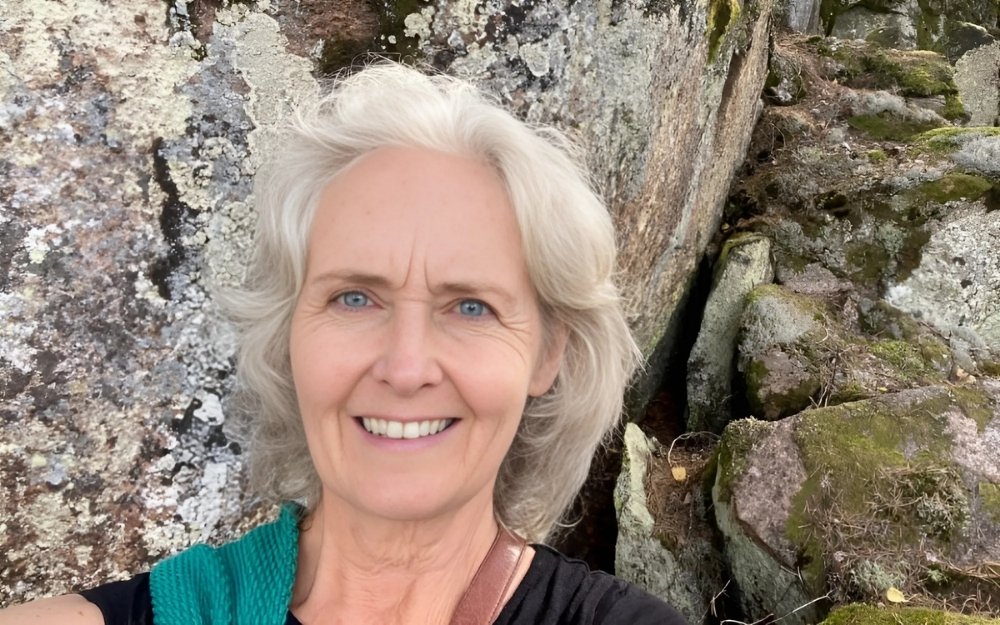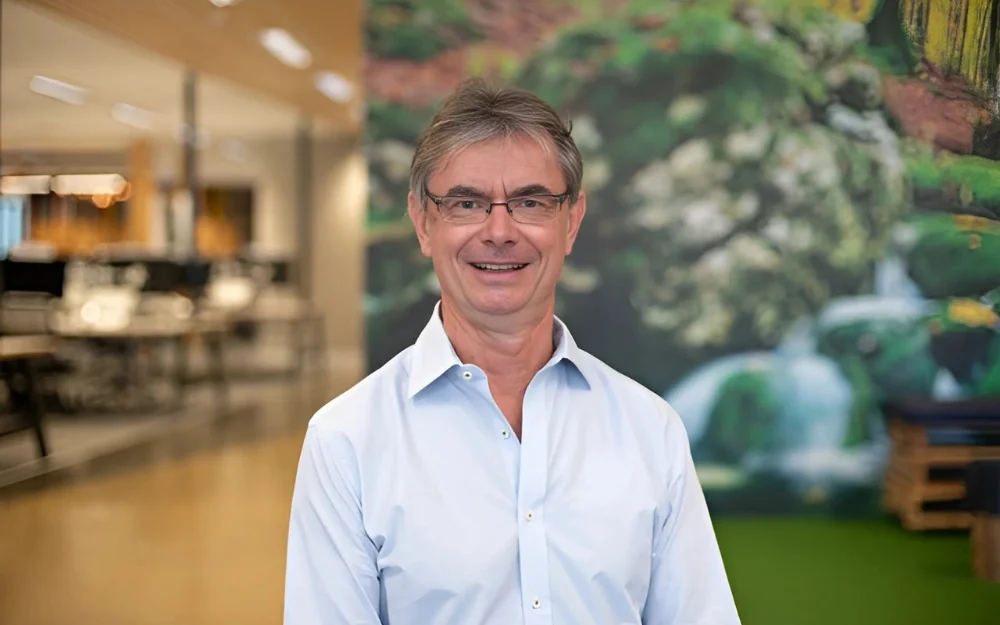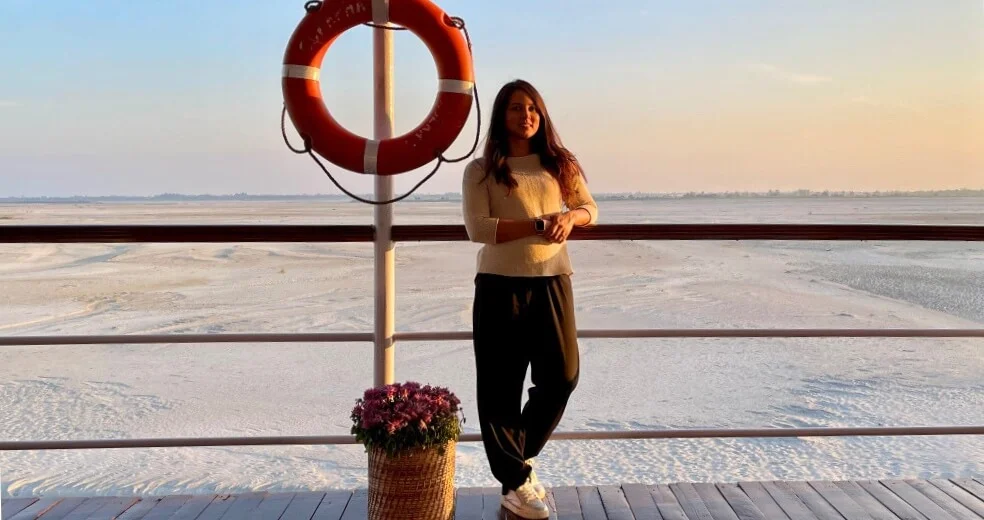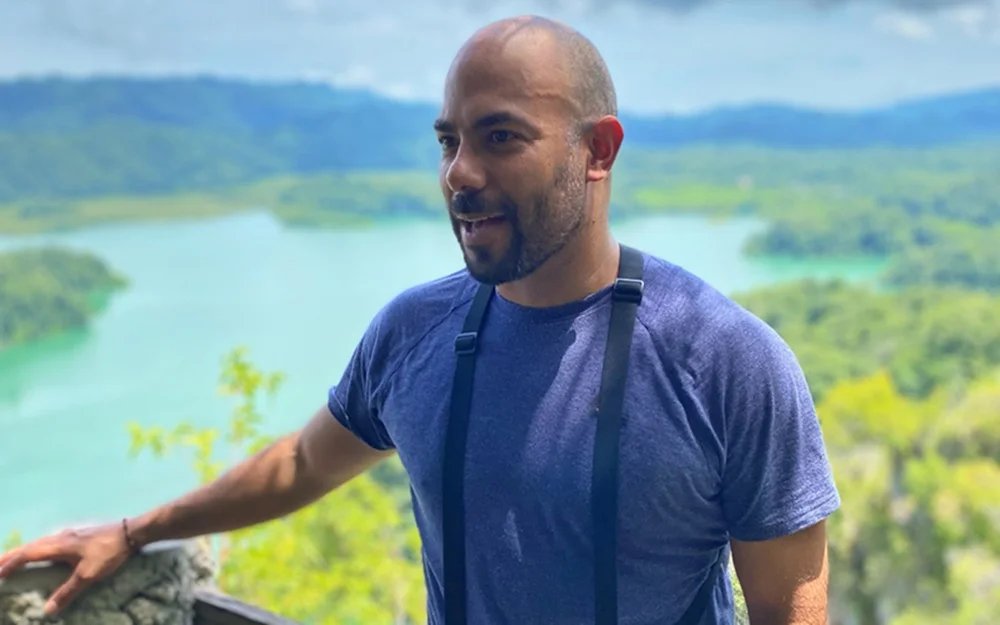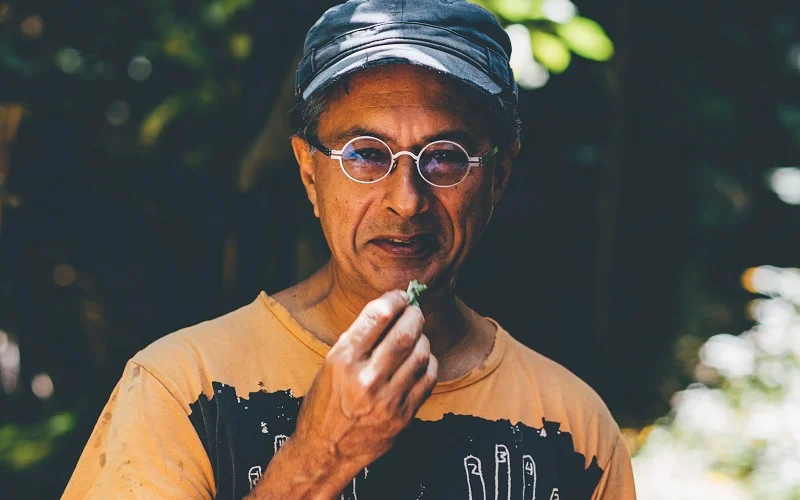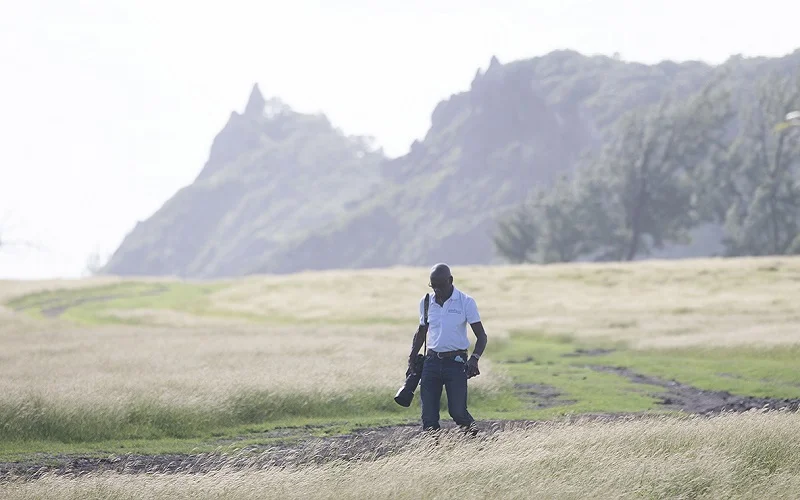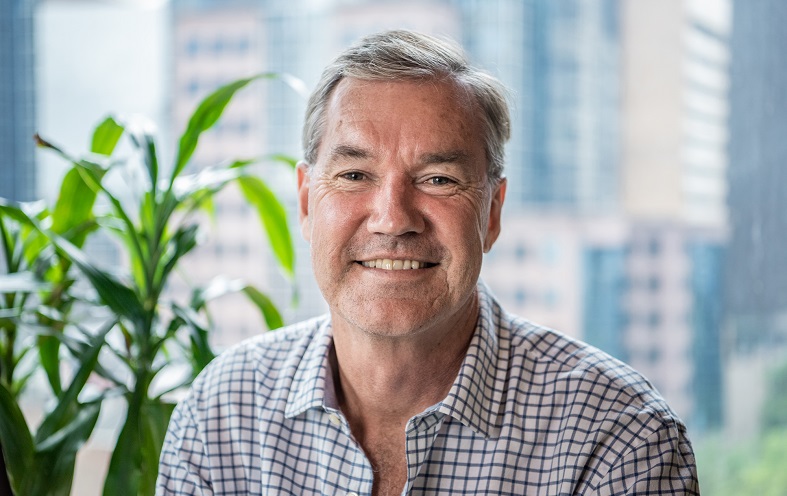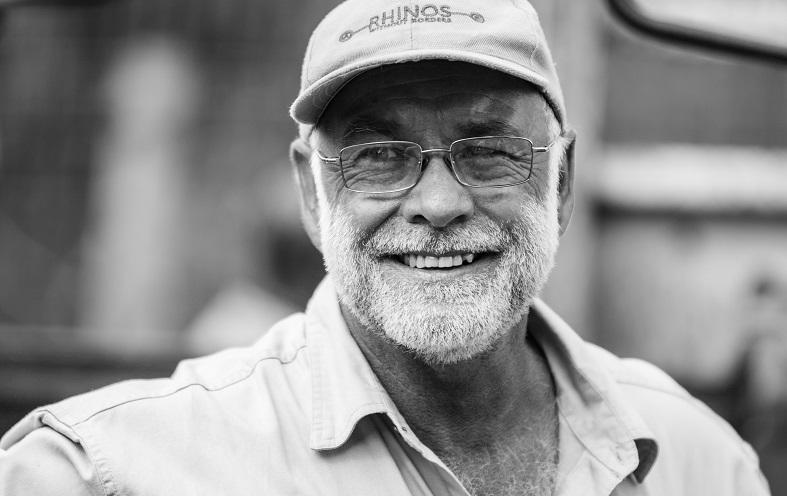
Mongolia’s unique nomadic culture, traditional lifestyle, and pristine environment are threatened by the country’s thirst for “modern” development. One of the means to revive and protect Mongolia’s unique assets and characteristics is through culturally and ecologically responsible tourism.
Jalsa Urubshurow, the founder of Three Camel Lodge and Nomadic Expeditions, has made it his mission to welcome international visitors to Mongolia while providing tangible social and economic benefits to the local communities, safeguarding their culture and protecting the environment.
In our interview portrait, Jalsa shares how the conservation of the golden eagle and bringing back the Mongolian Bankhar dog has been instrumental in preserving Mongolia’s cultural heritage and way of life. He also reflects on the importance of travel businesses to be resilient in times of hardship – such as the current coronavirus pandemic – and how his understanding of sustainability has changed over the years.
Jalsa, you built Mongolia’s first community-based eco-lodge, Three Camel Lodge. What led you to become a leader in sustainable tourism practices in Mongolia?
I was asked in 1990, by the first Prime Minister of the newly formed Democracy of Mongolia to promote travel and tourism from North America to Mongolia. At that time there were fewer than 100 tourist visitors per year from America. I have always been convinced that Mongolia could be a world-class travel destination, but in those early years, it was clear that most of the available experiences in Mongolia were utilitarian, the carryover of the Soviet model of tourism.
I created Three Camel Lodge to further my mission of promoting Mongolia as an adventure and ecotravel destination while elevating the visitor experience standards.
My vision has always been to help Mongolia benefit in positive ways from tourism to support economic development. To borrow a famous line from the movie Field of Dreams, “if you build it, they will come.” I knew that if we had a luxury ecolodge, it would help put Mongolia on the map of sophisticated travellers.
Of course, in my passion to develop tourism in Mongolia, the need for sustainability was always foremost in my mind. I built Three Camel Lodge to reflect the sustainable design and cultural authenticity, using local materials and hiring local Mongolians to construct the lodge to ensure that the lodge’s operations wouldn’t disrupt the delicate ecosystem in the Gobi desert.
For me, sustainable tourism was never about marketing; I believe it was, and still remains, the right thing to do for any hotel or lodge. I’m pleased that our sustainability practices, which we constantly adapt and continue to innovate, have set a model for tourism in Mongolia, and also we are proud to have been recognized for our sustainable tourism leadership throughout the world.
Your Golden Eagle Festival attracts scores of international travellers to Mongolia to watch this spectacle. Briefly, what makes this event special and how has the festival evolved since you started it in 1999?
The Golden Eagle Festival may be one of my proudest achievements, but not because it’s now known worldwide or because it attracts travellers from around the globe. I am proud of this event because it’s proof that a few people can truly make a big difference.
It was the late ’90s when I first encountered this remote part of Mongolia and learned about this culturally rich and unique tradition of falconry with golden eagles. I was awestruck by it, but I knew that with just a few families (and mostly older men), this ancient falconry tradition in Mongolia would soon disappear. I wanted future generations, including women, to honour this great tradition, so I co-founded the Golden Eagle Festival as a way for locals to preserve and celebrate their tradition together.
What started out as mainly for local communities to keep their tradition alive, has grown into an international event and as a member of the committee for the festival, I continue to advocate for more sustainability practices and to ensure that the local economic benefits from tourism benefit to the people.
One of my proudest moments came in 2015 when 13-year-old Aisholpan, a young woman took home the top falconry prize. The world took notice and the BBC filmed a documentary (The Eagle Huntress) that gained international acclaim.
However, while it may be better known now, fewer than 1,000 international travellers attend annually, given the festival’s remote location. In that sense, it still remains an off the beaten path travel experience.
I’m delighted to share that now over 300 families practice this tradition and young men and women are leading the way. The festival has gone a long way towards sustaining a unique tradition for future generations, yet its evolution requires us to monitor and study its impact on the golden eagle population and treatment of animals.
Which are the main challenges right now, potentially threatening the success of the festival and your accommodation business?
Our biggest challenge is ensuring that the preservation of this rich cultural tradition is balanced with the preservation of wildlife and nature. To that end, Nomadic Expeditions has funded a new research initiative partnering with the Wildlife Science and Conservation Center of Mongolia (WSCC) and The Peregrine Fund to support golden eagle conservation and cultural heritage preservation. This new project will establish a baseline study to ensure the health and safety of these majestic birds of prey. We never want this celebration to negatively impact the golden eagle population, and this initiative will work to further their conservation and protection.
In terms of our luxury eco-lodge and from an accommodation standpoint, our biggest problem has always been our relatively short tourism season in Mongolia (May through October) given the harsh winters in the country. What we can promise is a truly incredible and sustainable travel experience during our short season, both at our Three Camel Lodge and on our customized tours throughout the country.
Innovation and imagination are keys to success in both business and conservation and you are known for being good at both. Can you shed some light on your recent Mongolian Bankhar Dog project at the Three Camel Lodge and how it helps you to promote sustainable development and responsible travel?
Our recent partnership with the Mongolian Bankhar Dog Project is a perfect example of how we are always looking for ways to connect with the community. We constructed a new kennel facility for breeding and training Bankhar dogs (some refer to as Mongolian mastiff) at Three Camel Lodge. This protective breed was used by nomads for centuries and was slowly disappearing due to cross-breeding in recent generations. However, we’re not just bringing back a breed; we’re developing a wildlife conservation partnership because these herding dogs will be donated to nomadic families to help to protect their livestock.
Livestock is essential to the nomadic way of life, yet they often fall victim to a number of predators, including wolves and even snow leopards in the more remote, mountainous parts of the country.
Survival and partly tradition have perpetuated the belief that if a predator kills your animal, you must seek it out and kill it. Enter the Bankhar dog, that protects the livestock from the predators and as a result, there has been a decrease in retaliation killing. Of course, the puppies and dogs are endearing to guests at Three Camel Lodge.
Mongolia has extended a ban on all international travel as a response to the ongoing outbreak of COVID-19, due to which 70% of tourists have cancelled their travel plans. How are you coping with this situation – as a business but also as a community?
We have zero international travellers to Mongolia this year, and while that is hard to deal with, we’ve taken the time to focus on the positive. We are proud that we haven’t laid off a single employee in Mongolia yet. From our staff and our facilities to our trips themselves, we have been focused on rebuilding, innovating, and improving.
At Three Camel Lodge, we’re viewing low occupancy as the perfect time to finally build the spa we’ve been talking about adding. We’ve trained our staff on COVID-19 health and safety protocols and how to adjust to a new normal when travel resumes. We have been using the downtime to explore and dream again, and have spent these months traveling Mongolia on numerous scouting trips. It turns out that you can never stop exploring your own backyard, because we continue to find places that we are excited about including in our new itineraries, and in many cases, we’ve gone back to the drawing board and redesigned entire trips.
We’re into conservation through tourism business and we all deeply miss those inspiring connections we make with our travellers who also believe in what we do, but this extra time has been valuable for taking a deep look at who Nomadic Expeditions really is and what we want to offer our clients.
We decided to refund 100% to all our travellers who had booked and cancelled a trip in 2020. It’s a bold step, as it meant we took a hit to our bottom line, but we’ve always believed that people are more important than profits. While most of our competitors offered credits on a future trip, we made a conscious decision to ensure that our travellers experience zero financial loss at this very difficult time. It’s been greatly appreciated by our clients.
At the same time, we’ve continued with our ongoing sustainable tourism efforts, since we believe that this is needed now more than ever across the entire travel industry. We’ve launched new projects (like the conservation partnerships we mentioned above) and we’ve even let this time stoke our creativity, as we will be publishing a children’s book on the natural and cultural treasures of the Gobi in Mongolia to benefit the local community as well as our visitors. The book will be published in Mongolian and in English.
Mongolia ranks low in the 2019 Travel and Tourism Competitiveness Index. With a mission to ramp up tourism to diversify the Mongolian economy, there is a risk of unsustainable growth. To your mind, what concrete steps should the government take to make tourism development sustainable?
The Mongolian government has been notoriously slow when it comes to supporting tourism development—the airport in Ulaanbaatar took years to open. Big projects like that are important but I also think that the government needs to partner with the so-called ‘little guys’, the boutique tour operators who have been successfully providing experiences while protecting and preserving the environment. We have on-the-ground experience and know what works. Most importantly, we will continue to encourage the Mongolian Government to embrace destination stewardship based upon sustainable tourism best practices.
How do you envision the future of tourism in Mongolia, at a time when the world is bracing up to significant environmental changes, due to climate change?
I strongly believe that the very nature of travel will change in a post-COVID world. Fewer travellers will want to travel long distances for short trips. Instead, they’ll want to truly immerse themselves in a destination, staying longer.
I think it’s a win-win for a place like Mongolia. It will attract those travellers who may have thought it was “too far” before since they’ll be less interested in jetting off for a quick getaway and more interested in a longer, more immersive experience.
In the end, it will mean fewer travellers but longer stays, and I think that combination is not only better for the environment but better for travel in general.
Reflecting on your experience as a tourism innovator and entrepreneur, how has your view on sustainability and tourism changed over the years? Which key lessons or insights could you share with us?
We are seeing increasingly examples that more sustainable companies are also more profitable companies. And that is an important message. You can have a profit with purpose.
The lesson I would share is that you have to think about the future and not necessarily what you need at the moment. It may take more time, and more money to be a sustainable tourism company, but in the end, it will serve you and the planet well.
Anything else you’d like to mention?
I would like to see more travellers understand the connection between sustainable tourism and a great holiday. Whether it’s travel media, tourism professionals, or governments leading the charge, we need to help travellers better understand why it’s critical to choose the right travel partner and by that I mean the sustainable travel partner.
Thank you, Jalsa.
Connect with Jalsa Urubshurow on LinkedIn. Find out more about staying at the Three Camel Lodge and what it’s like to be on a responsible luxury adventure journey at Nomadic Expeditions.
Enjoyed our interview with Jalsa Urubshurow on how he helps communities in remote parts of Mongolia thrive through tourism by helping them conserve their tradition and wildlife? Thanks for sharing!

